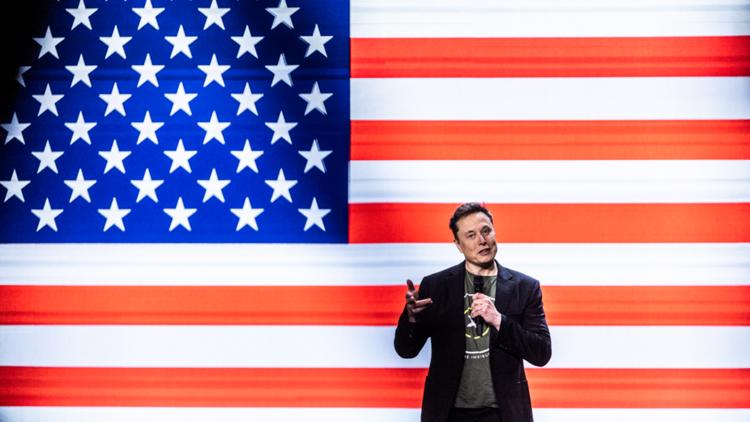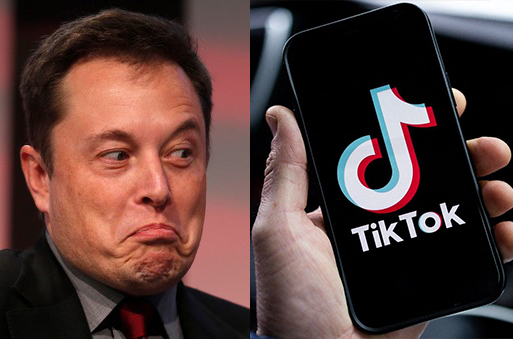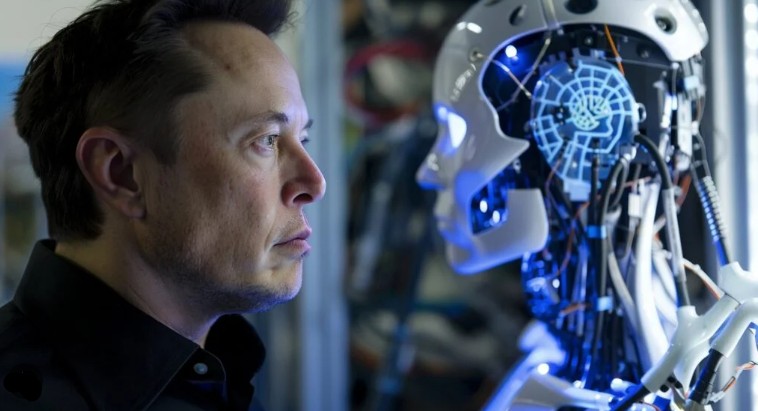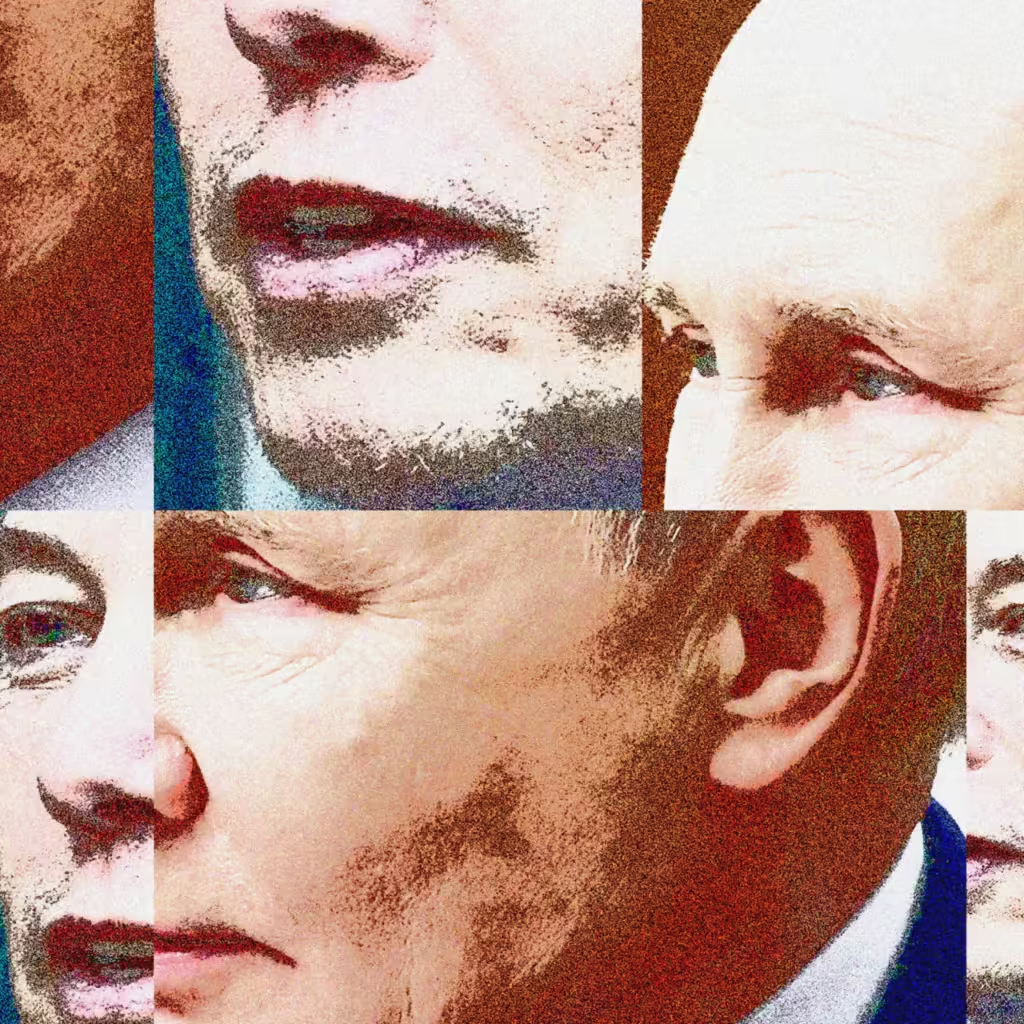
Exclusive | Elon Musk's Secret Conversations With Vladimir Putin, a WSJ Investigation - WSJ
In a remarkable turn of events, Russian President Vladimir Putin has reportedly asked tech mogul Elon Musk to deactivate his Starlink satellite internet service over Taiwan. This request, allegedly made as a favor to Chinese President Xi Jinping, has raised significant international concerns and geopolitical tensions.
The information emerged from sources familiar with the interactions between Musk and Putin, who have been in regular contact since 2022. The discussions between the two influential figures have covered a wide range of topics, including business strategies, geopolitical issues, and personal matters.
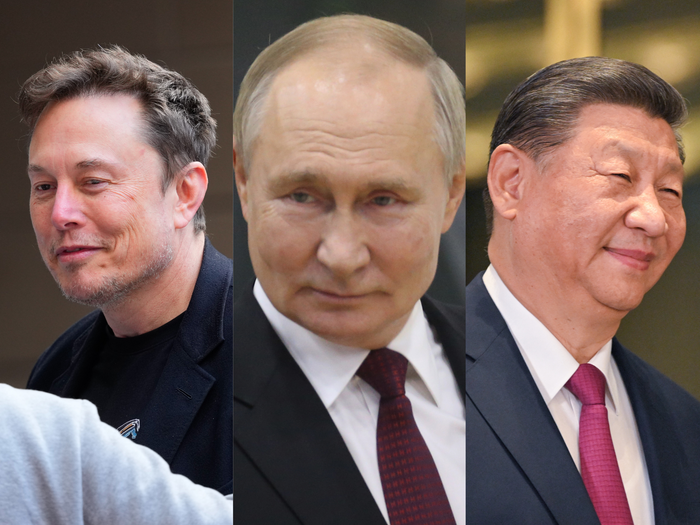
According to a report from the Wall Street Journal, Putin’s request was aimed at preventing the activation of Starlink over Taiwan, a region that has been actively working to establish its own low-Earth orbit satellite network. Currently, Taiwan does not have official access to Starlink, making the timing of this request particularly sensitive.
Elon Musk’s relationship with Putin has already been a subject of scrutiny within the US government, especially given Musk’s top-secret security clearance and the extensive contracts SpaceX holds with the US Department of Defense. The revelation of this request has further intensified concerns about the potential influence of powerful individuals on global geopolitics.
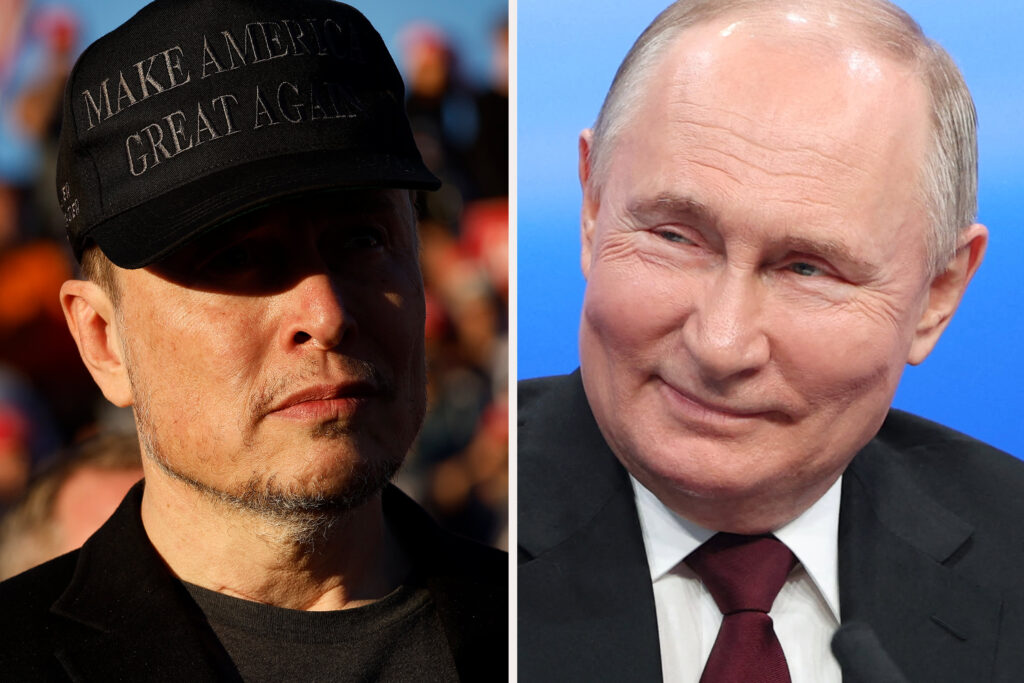
While the full implications of this request remain unclear, it has certainly ignited a debate about the intersection of technology, politics, and international relations. As the world watches closely, the actions and decisions of key players like Musk will undoubtedly shape the future landscape of global connectivity and power dynamics.
